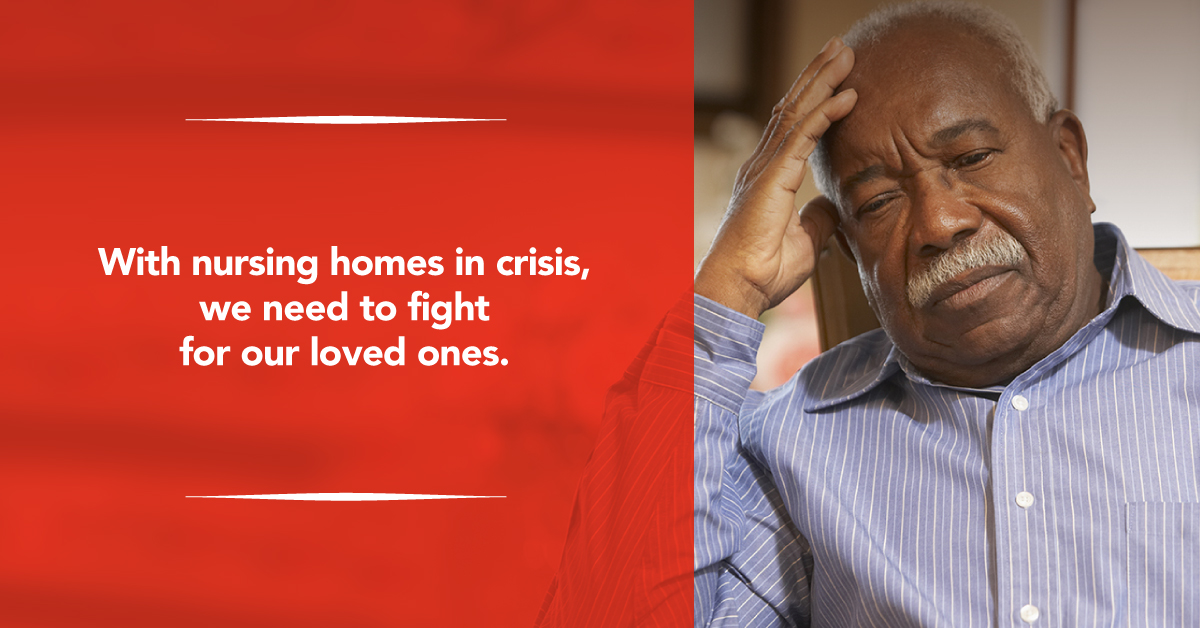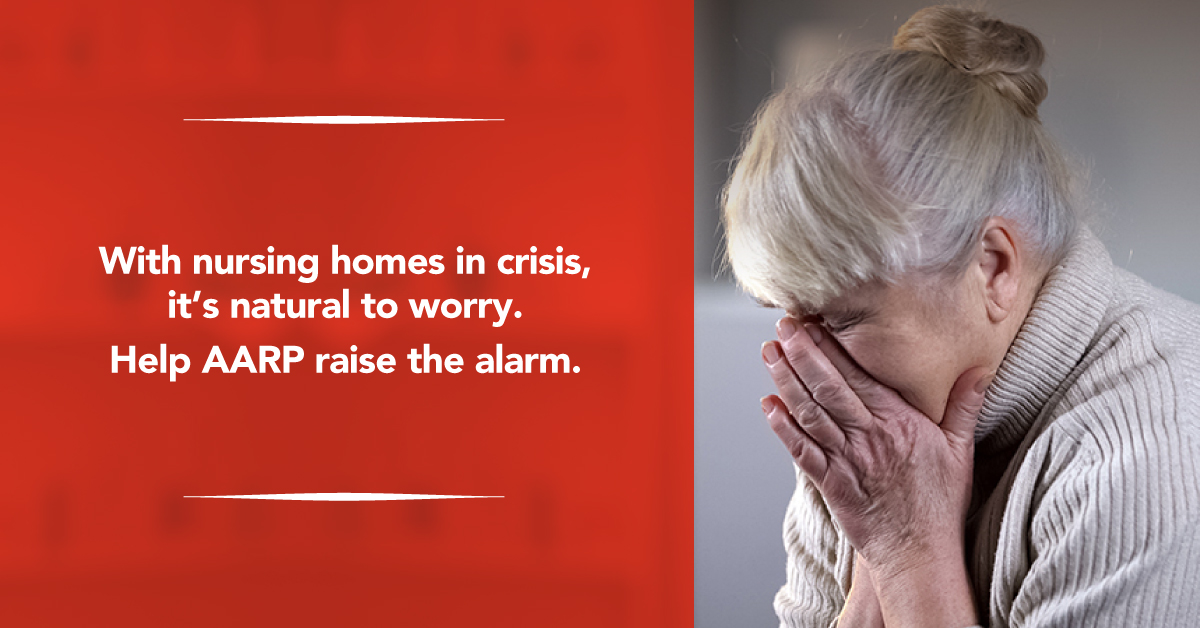AARP Hearing Center

RALEIGH -- The NC Department of Health and Human Services (NCDHHS) announced some good news for people who have been waiting patiently, as well as painfully, to visit their loved ones in long-term care facilities.
With new COVID-19 cases in North Carolina long-term care facilities declining rapidly over the past several weeks, facilities that meet criteria have been given the green light to resume indoor visitation while continuing to follow infection prevention recommendations.
According to NCDHHS, case rates are down over 15-fold in skilled nursing facilities, adult care homes and other licensed facilities since the peak of transmission in January 2021.
A NCDHHS press release states the rapid declines in case numbers can be attributed to early vaccination prioritization for residents and staff of long-term care facilities and decreasing community transmission. More than 205,000 vaccines have been administered to long-term care staff and residents, and vaccinations through the federal long-term care partnership for COVID-19 vaccinations will continue this month.
Most facilities now meet criteria for in person visitation because there are no outbreaks. However we are hearing facilities are slow to open back up and when they do the hours are too limited, making visitation difficult.
Ensuring families and friends can visit their loved ones in nursing homes has been a top priority for AARP, and AARP is advocating for visitation for all to resume as soon as possible, which means that it must be safe. Visitation is key to combatting social isolation which has proven negative impacts on people's health.
Residents have the right for visitation when safe. If you are having trouble visiting your loved one please let DHHS know by calling the Department's Division of Health Service Regulation Complaint Line, so that they can follow up and the Department can continue to work on measures that will enable safe visitation.
Current federal Centers for Medicare & Medicaid Services (CMS) guidance prohibits visitation until county positivity rates fall to 10% or under (county positivity rates do not need to be considered for outdoor visitation), there has been no new onset of COVID-19 cases in the last 14 days in the facility, and the facility is not currently conducting outbreak testing.
The declining number of cases in long-term care settings means many facilities can resume indoor visitation. While facilities may conduct visits at any time for residents with compassionate care needs, federal and state guidelines have additional criteria for facilities to resume indoor visitation, which include following infection prevention practices and having no new cases of COVID-19 in the last 14 days. Medicare certified skilled-nursing facilities must meet additional criteria required by the Centers for Medicare and Medicaid Services.
"I know it has a been a long, difficult year for residents and families, but those measures saved lives and are now allowing us to resume safe, indoor visitation. While we need to continue infection prevention practices, this decrease is also a positive sign of the impact vaccinations have in our communities," said NCDHHS Secretary Mandy Cohen M.D.
Even with the loosening of restrictions in North Carolina, advocates for nursing home residents report that many facilities have limited hours and access, even in incidences when both the resident and the visitor(s) have been vaccinated.
Since the start of the pandemic, NCDHHS’s response has focused on a five-point strategy for long-term care facilities including prevention, staffing, testing, outbreak management and oversight. The state has created regional infection prevention teams to support facilities; provided personal protective equipment; helped fill staffing shortages; provided infection prevention and control training, provided targeted funding; mandated testing; and completed on-site infection control inspections of North Carolina’s more than 400 nursing homes.

NCDHHS stresses that to continue to reduce community transmission of COVID-19, North Carolinians should continue to practice the three Ws — Wait, Wear Wash — and, when they become eligible for the vaccine, get vaccinated.
For those with a spouse, sibling, parent, or other loved one in a nursing home, AARP North Carolina recommends asking the facility key questions to help keep them safe, connected, and informed:
1. How far along are COVID-19 vaccinations?
· What proportion of residents has received their first and second doses? What about the staff?
· What is the facility doing to educate residents and staff on the vaccines’ safety and effectiveness?
2. Has anyone at the facility tested positive for COVID-19 in the past two weeks?
· This includes residents, staff, vendors and anyone else who has access to the facility.
3. What is the facility doing to prevent COVID-19 outbreaks?
· How are staff and other people entering the facility being screened for COVID-19?
· What precautions are in place for residents who are not in private rooms?
4. Does nursing home staff have the personal protective equipment (PPE)—like masks, face shields, gowns, gloves—that they need to stay safe and keep their patients safe?
· If no, what is the plan to obtain more, and what safety measures are in place in the meantime?
· Has the staff been trained in how to properly use each type of PPE?
5. What is the nursing home doing to help residents stay connected with their families or other loved ones during this time?
· Is in-person visitation allowed? If yes, what infection control measures are in place? If no, when will in-person visitation resume?
· Does the nursing home help residents call their loved ones by phone or video?
· Will the nursing home set up a regular schedule for you to speak with your loved one?
6. How is the facility communicating important information to residents and their loved ones on a regular basis?
· How will residents, staff and family members know when vaccinations are scheduled and complete?
· If a COVID-19 case within the facility is confirmed, how long will it take for the residents and their families or representatives to be notified? How will they be notified?
7. Is the nursing home currently at full staffing levels for nurses, aides and other workers?
· What is the plan to make sure the needs of residents are met if the nursing home has staffing shortages?
8. How are healthy-living programs being maintained?
· How are communal activities like exercising, socializing and entertainment being adapted for social distancing? Have services been cut?
AARP continues fighting to protect nursing home and other long-term care facility residents, improve quality of care, and provide better options for seniors to receive long-term care services at home. Help us push for even greater nursing home safety by signing up for AARP Action Alerts.































































